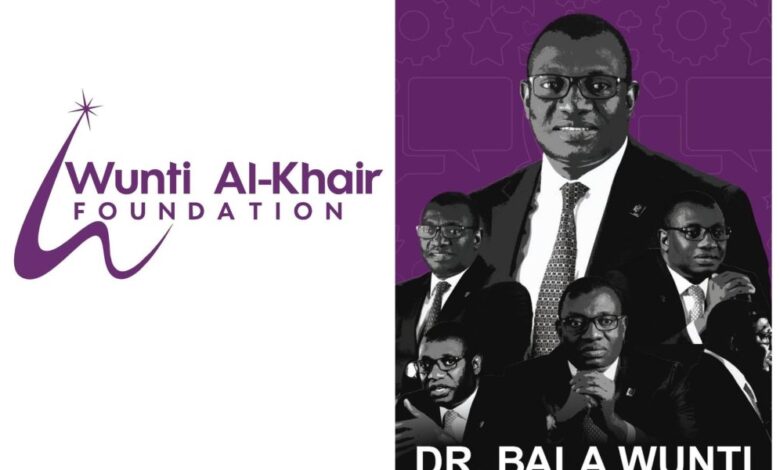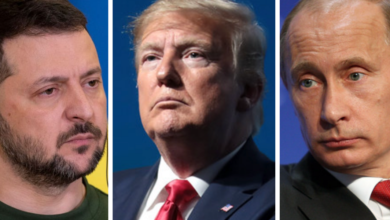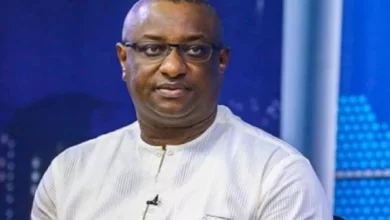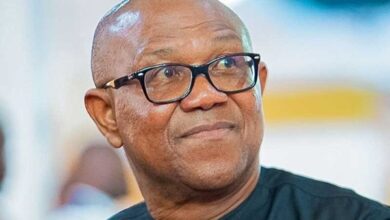Wunti Al-Khair Foundation: Forging Futures Through Compassion

Democracy, it is often said, is fragile. In Nigeria, however, it has become so sugar-coated with executive fiat that one is left wondering whether we are still practising democracy or merely acting out a cleverly disguised democrazy. Nowhere is this paradox more glaring than in Rivers State, where events over the past six months have played out like the script of a poorly written political soap opera.
Six months ago, President Bola Ahmed Tinubu, in a move that continues to provoke heated debate, unleashed what amounted to a political earthquake on Rivers State. Democratic structures legitimately installed by the people’s mandate were suspended, leaving the state in a curious limbo. The experiment was clothed in the garment of “necessity” but stripped bare of legality.
This was not Nigeria’s first taste of executive adventurism. Plateau State’s dark chapter remains fresh in our memory. At the just-concluded Annual General Conference of the Nigerian Bar Association, Chief Emeka Ngige, SAN, Chairman of the Council of Legal Education, lamented the tragic irony of the Supreme Court’s delay in hearing appeals on the disruption of democratic structures in Rivers State.
The author, Barrister Ifeanyi Ejiofor
His warning that delay would render justice merely academic has since proven prophetic.
Yet Rivers State offers an even more enthralling theatre. Since the dawn of the Fourth Republic in 1999, it has been a crucible of political gladiatorship. From Dr. Peter Odili’s era, through Rotimi Amaechi’s stormy reign, to Nyesom Wike’s combative years, the state has remained a battlefield where politics is waged with the ferocity of war. Wike, in particular, anointed himself the “Emperor of Port Harcourt,” bestriding the political landscape like a colossus. His dominance was so overwhelming that, even after leaving office in 2023, he sought to retain control by handpicking his successor, Governor Siminalayi Fubara.
But as history often teaches, protégés sometimes rebel against their patrons. Within months, the Fubara–Wike political marriage collapsed spectacularly. What followed was a cascade of mass defections, impeachment intrigues, the storming of legislative chambers, parallel factional sittings, and the unforgettable spectacle of a governor weeping on national television while recounting his travails.
At the height of the crisis, local government chairmen, largely Wike’s loyalists, clashed openly with the governor’s camp. The ensuing violence, complete with teargas, gunfire, and conflicting judicial orders, created a chaos too glaring to be ignored by Abuja. Enter President Tinubu, whose intervention, couched in the language of restoring order, appeared to many discerning observers less about peace in Rivers and more about preserving Wike’s bargaining power within the ruling party.
Why else, many ask, would an entire democratic structure be suspended if not to buy Wike time to consolidate his grip through hurried local government elections and unfettered access to federal allocations? Why else would the sacred mandate of the Rivers people be reduced to a bargaining chip in a political chess game?
History offers a cruel reminder: when democracy is subjected to selective enforcement, it becomes democracy only in name. The Rivers saga is less about governance and more about control, who controls the council chairmen, who controls the allocations, who controls the political structures. And in Nigeria, control often matters far more than the constitution.
For those naïve enough to believe this six-month “suspension” marks the end of Rivers’ political drama, let me be clear: the first act is over, but the second is about to begin. Another crisis looms, one that could very well invite yet another declaration of emergency. Only this time, President Tinubu may find his hands tied, unable to play saviour for Wike, who by then may have overplayed his hand.
Make no mistake: Nigerians are watching. The world is watching. Most importantly, the people of Rivers, whose destiny has been tossed about like pawns on a chessboard, are watching too. And the lesson of history is unmistakable: political experiments that trample on democratic institutions may stagger for a while, but they never endure.
Sugar-coated democracy, once unwrapped, is often bitter. What Rivers is experiencing today is not democracy but its grotesque distortion, an elaborate performance of democrazy. And if history is any guide, it is only a matter of time before the curtain falls, and those who toyed with the people’s mandate reap the whirlwind they have sown.
Sir Ifeanyi Ejiofor is a lawyer and human rights activist.
Post Views: 32





